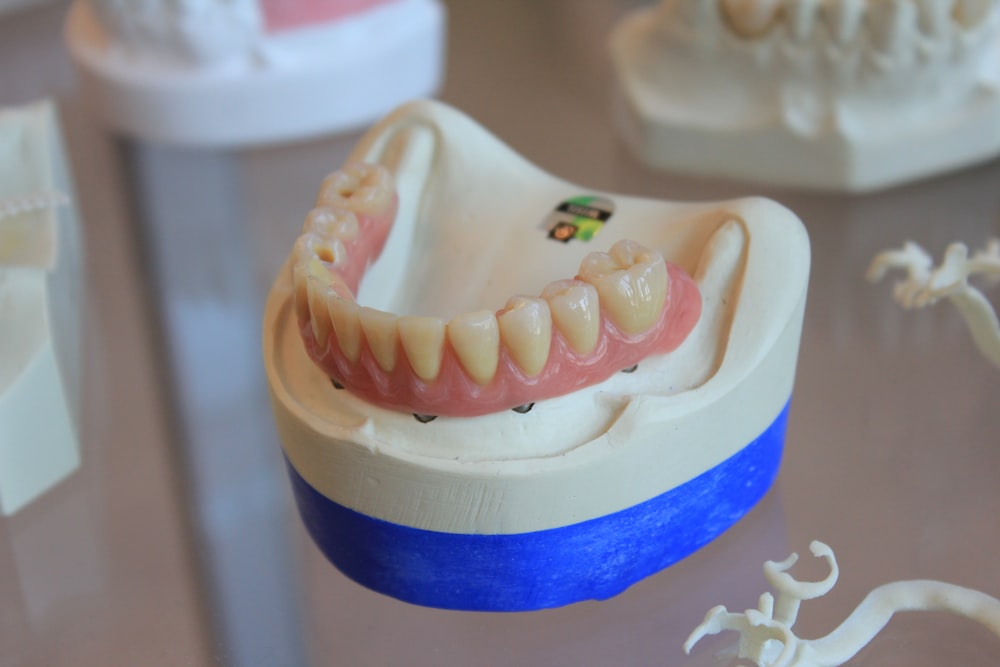Relieve Neck Pain and Back Pain Caused by Computer Use
 For the millions of us that spend our days working at a computer, it’s not at all unusual to experience chronic tension and pain in the upper back and neck areas. In this article, we’ll talk about what muscles are getting overwhelmed by this repetitive stress, and what we can do to get out of pain and integrate the upper back with the rest of the body.
For the millions of us that spend our days working at a computer, it’s not at all unusual to experience chronic tension and pain in the upper back and neck areas. In this article, we’ll talk about what muscles are getting overwhelmed by this repetitive stress, and what we can do to get out of pain and integrate the upper back with the rest of the body.
The upper back and neck is an easy area to ‘hunch up’ and hold tension. The muscles there tend to volunteer themselves for all activities that the upper back needs strength for, like carrying groceries or a child, or reaching up for something on a shelf. They also tend to hunch up unnecessarily as we reach our arms forward to type on a keyboard, or drive a car, and sometimes get stuck! In this way they get stressed and overused, and other muscles that could support their function aren’t involved.
“Codependent” Muscles: They Want To Do It All For You!
A habitual place to carry tension is in the upper back and neck. The shoulder shrugging muscles have a tendency to jump in and try to do actions for us that aren’t their job (try this: lying on your back with knees bent, do an abdominal crunch, and then curl your right elbow to your left knee. See if you can get your right shoulderblade completely off the floor without lifting your shoulder up to your ear – those muscles are going to want to pitch in!). As a result, they tend to be constantly contracted to the point that they don’t know how to release, resulting in chronic neck pain and upper back pain.
In addition, the ‘hunched forward’ shape that we make with our shoulders and arms when we are typing on a keyboard (or driving a car) pulls the shoulder blades away from each other and stresses one set of ‘tug-of-war’ muscles while weakening the other.
My Job Requires That I Sit at A Computer
So how do we take care of this sensitive and overworked area, when we can’t get away from the requirements of our daily lives?
1. Take a hot bath, or get a massage. A hot bath softens the muscles (try using Epsom salts as well to draw out the ache) and a massage will increase blood and oxygen flow to the area and can release more specific areas of tension and holding.
2. Self Massage. You can get all of the benefits of going to a massage therapist with a self massage tool at home. Self massage tools work to target areas of tension just like a massage therapist would with their fingers, while you control the duration and intensity.
3. Begin a Stretching and Strengthening routine. It’s important to take care of these muscles so that our bodies don’t become permanently stuck in this position, causing further health and posture problems down the road. There are many yoga therapy exercises that target these muscles and relieve neck pain and upper back pain.
Our lives may make certain demands on our bodies that we can’t change, but we can put in a little time and effort to relieve pain, release tension, and feel better overall!


